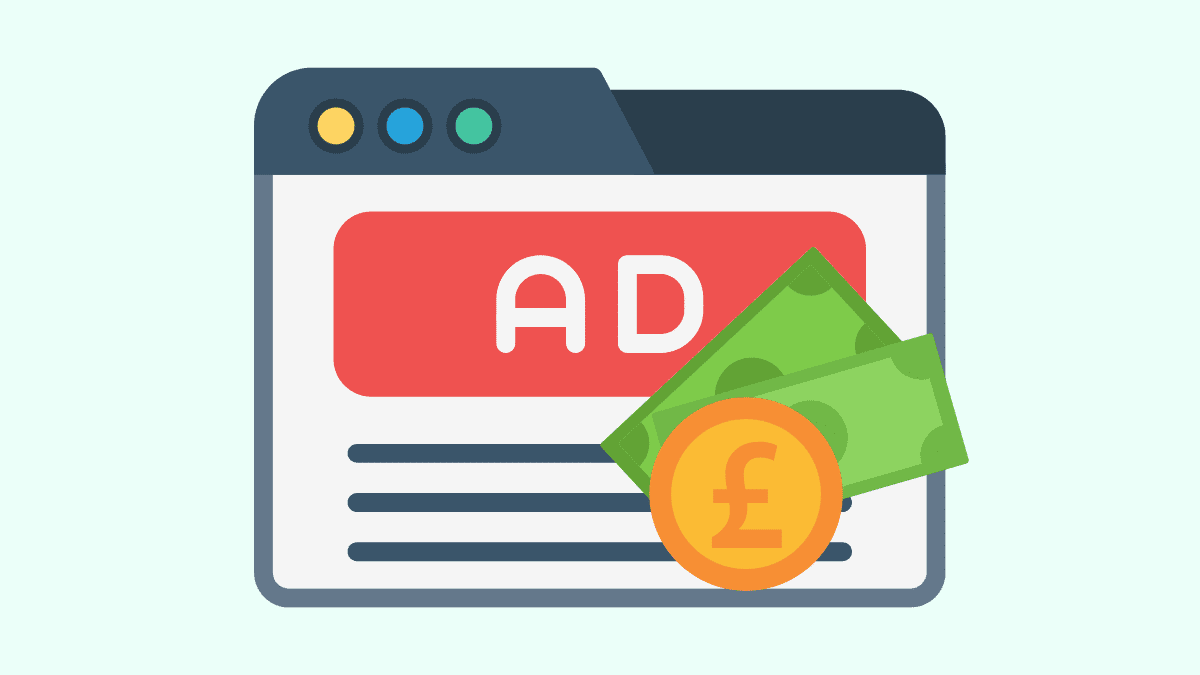As a new realtor, building a successful business requires finding ways to attract potential clients and differentiate yourself in a competitive market. One powerful tool that can help you do this is IDX (Internet Data Exchange). IDX allows you to display real estate listings from the MLS (Multiple Listing Service) directly on your website. This provides an easy way for visitors to search for properties while you maintain control over the user experience and leads.
But IDX can be more than just a way to show property listings. By leveraging IDX properly, you can monetize your real estate website and generate income from both buyers and sellers. Here are some strategies on how to monetize IDX as a new realtor.
1. Use IDX to Attract Leads
The first step to monetizing IDX is to use it to attract leads. By providing valuable real estate information and property listings on your website, you increase your chances of capturing potential clients who are interested in buying or selling homes.
Set Up Lead Capture Forms
Make sure your IDX website is equipped with lead capture forms. These forms can be integrated into property listings, search results, and contact pages. When users visit your site and view properties, you can prompt them to sign up for alerts, receive property recommendations, or get a market report.
Lead Capture Tips:
- Offer visitors the ability to save their favorite properties and get notified when new listings match their criteria.
- Provide valuable content, like market reports, mortgage calculators, or buyer/seller guides, to incentivize users to leave their information.
- Keep your lead capture forms simple to avoid overwhelming visitors.
Offer Property Alerts
IDX can allow you to set up property alerts, which will notify leads when new properties are listed that meet their specific criteria. These alerts can keep potential buyers engaged and bring them back to your site, increasing the likelihood they will reach out to you for more details or to schedule a showing.
You can monetize this feature by using it to build a database of contacts who are actively looking to buy homes. You can then reach out to these leads for personalized services or recommend other properties that match their criteria.
2. Provide Premium Content for Buyers and Sellers
As you build your real estate website, consider offering premium content that visitors are willing to pay for. This type of content can provide valuable insights into the real estate market, offer advice, or help clients make informed decisions about buying or selling property.
Examples of Premium Content:
- Market Reports: Offer detailed monthly or quarterly market analysis, including trends, average home prices, and neighborhood-specific information. Real estate buyers and sellers often need this information to make smart decisions.
- Exclusive Listings: In addition to showcasing MLS listings via IDX, you can create exclusive property listings for your website that visitors can only access if they sign up or pay a small fee. You can also offer access to early listings before they hit the MLS.
- Buyer’s/Seller’s Guides: Create comprehensive guides that walk buyers and sellers through the process. These can cover everything from mortgage pre-approval to closing day. You can monetize these guides by offering them as a downloadable resource for a fee or making them available to subscribers.
Monetizing via Membership or Subscription
One way to implement premium content is by setting up a membership or subscription system. Visitors can pay a monthly or annual fee for access to exclusive content, early access to listings, or other resources.
3. Promote Affiliate Products and Services
As a realtor, you can use your IDX-enabled website to promote products and services that your clients might need throughout the buying or selling process. Many of these services offer affiliate programs that allow you to earn commissions on each referral or sale.
Popular Affiliate Programs for Realtors:
- Mortgage Lenders: Partner with mortgage lenders or brokers who offer services for homebuyers. Many lenders offer affiliate programs where you earn a commission for each successful mortgage application or approval.
- Home Improvement Services: Refer your clients to home inspection services, contractors, interior designers, or movers. Many of these businesses offer referral fees or commissions for each customer you refer.
- Home Insurance: Homebuyers often need to purchase insurance, so partnering with insurance companies can allow you to offer trusted recommendations in exchange for an affiliate commission.
How to Add Affiliate Links to Your IDX Website:
- Blog or Resources Section: Create blog posts or resource pages on your website where you recommend affiliate products and services. Make sure these recommendations are relevant to your audience.
- Property Pages: Add affiliate links to property pages where buyers might need additional services, like mortgage calculators, home insurance, or moving companies.
- Email Campaigns: Include affiliate offers in your email newsletters, which can be sent to leads or clients who sign up for property alerts.
4. Generate Revenue with Sponsored Content and Advertising
If your IDX website gains a significant amount of traffic, you can monetize it by offering advertising space to other businesses related to real estate. These could be mortgage lenders, home improvement companies, local contractors, or other businesses that serve homebuyers and sellers.

How to Monetize Through Advertising:
- Display Ads: Use Google AdSense or other ad networks to display relevant ads on your site. You’ll earn revenue based on the number of clicks or impressions the ads receive.
- Direct Advertising: Reach out to businesses that complement your real estate services (like mortgage companies, insurance agencies, or moving companies) and offer them the opportunity to place ads on your site in exchange for a monthly fee.
- Sponsored Content: Work with local businesses or industry professionals to write sponsored blog posts or create other types of content on your website. These businesses will pay you to feature their content in front of your audience.
5. Use IDX to Build an Email List and Launch an E-Commerce Store
An IDX website can help you build an email list, which is an essential tool for staying in touch with potential buyers and sellers. With a well-targeted email list, you can send out property listings, industry news, or special offers that encourage users to engage with your real estate services.
Email Marketing Strategies:
- Property Alerts: As mentioned earlier, use IDX to set up property alerts and encourage visitors to sign up for updates. Then, use this list to send them property recommendations and updates.
- Newsletters: Create a weekly or monthly newsletter that includes industry news, new listings, home-buying tips, and community events. This keeps your audience engaged and can help generate leads.
- Promote Services: Use your email list to promote your real estate services, such as home valuation, staging, and consultation.
Adding an E-Commerce Element
If you have valuable resources like guides, eBooks, or real estate courses, consider adding an e-commerce section to your website where visitors can purchase these resources. For instance, you can sell guides for first-time homebuyers or offer online real estate seminars.
6. Offer Virtual Tours and Premium Listings
In today’s digital world, many buyers and sellers are looking for more than just static photos of properties. They want to experience properties before making any commitments. Offering virtual tours or premium listings can allow you to charge a premium for additional services.
Virtual Tours and Premium Listings:
- Virtual Tours: Partner with a photographer or use virtual tour software to offer 360-degree virtual tours of properties listed on your site. You can charge sellers extra for this service or use it to attract more leads.
- Featured Listings: Offer property owners the opportunity to feature their listings at the top of your IDX search results. This could be a paid service, where sellers pay to have their property receive more exposure.
Pricing for Virtual Tours and Featured Listings:
- Set a pricing structure for virtual tours or featured listings. For example, you could offer a basic listing for free but charge an additional fee to make it a “featured” listing with a more prominent placement on your website.
7. Establish a Referral Network
As a new realtor, building a strong referral network is essential for growing your business. You can use IDX to attract visitors to your site and then build relationships with local service providers who can refer clients to you in exchange for a fee or commission.
Building Your Network:
- Connect with Other Realtors: Partner with other agents in different areas or specialties, such as commercial real estate or luxury properties, and exchange referrals.
- Offer Referral Incentives: Set up a referral program where you pay other professionals (mortgage brokers, inspectors, etc.) a commission for referring clients who purchase homes through you.
Conclusion
Monetizing IDX as a new realtor is a matter of strategically leveraging your website, IDX listings, and complementary services to generate leads, provide valuable content, and offer paid services. From attracting leads and offering premium content to affiliate marketing and advertising, there are numerous ways to use IDX to grow your real estate business.
By implementing these monetization strategies and constantly working to build your audience and brand, you can create a sustainable revenue stream from your IDX-enabled real estate website while helping clients find their dream homes.













